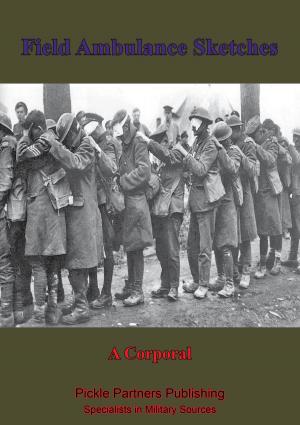Reading The Enemy’s Mail:
Origins And Development Of US Army Tactical Radio Intelligence In World War II, European Theater
Nonfiction, History, Germany, European General, Military, United States| Author: | Major Jeffrey S. Harley | ISBN: | 9781786254092 |
| Publisher: | Lucknow Books | Publication: | November 6, 2015 |
| Imprint: | Lucknow Books | Language: | English |
| Author: | Major Jeffrey S. Harley |
| ISBN: | 9781786254092 |
| Publisher: | Lucknow Books |
| Publication: | November 6, 2015 |
| Imprint: | Lucknow Books |
| Language: | English |
This thesis traces the development of American radio intelligence at the operational and tactical levels from its beginnings in World War I through the end of World War II. It shows that signals intelligence is useful to the tactical and operational level commander. The study recommends the Army rethink signal intelligence support to the various echelons, primarily through changes to tables of organization and equipment.
The thesis covers the initial appearance of radio intelligence units on the battlefields of France in the first world war, identifying specific instances where radio intelligence played a role in a command decision. It also looks at training and doctrine in the period between the two world wars. The thesis also covers the organization, doctrine, and training of radio intelligence units as they prepared for combat. It provides a glimpse into the intelligence support provided to the corps, army, and army group commanders during World War II through examination of actual intercept operations. Where possible the study compares and contrasts German radio intelligence units and operations with their American counterparts.
This thesis traces the development of American radio intelligence at the operational and tactical levels from its beginnings in World War I through the end of World War II. It shows that signals intelligence is useful to the tactical and operational level commander. The study recommends the Army rethink signal intelligence support to the various echelons, primarily through changes to tables of organization and equipment.
The thesis covers the initial appearance of radio intelligence units on the battlefields of France in the first world war, identifying specific instances where radio intelligence played a role in a command decision. It also looks at training and doctrine in the period between the two world wars. The thesis also covers the organization, doctrine, and training of radio intelligence units as they prepared for combat. It provides a glimpse into the intelligence support provided to the corps, army, and army group commanders during World War II through examination of actual intercept operations. Where possible the study compares and contrasts German radio intelligence units and operations with their American counterparts.
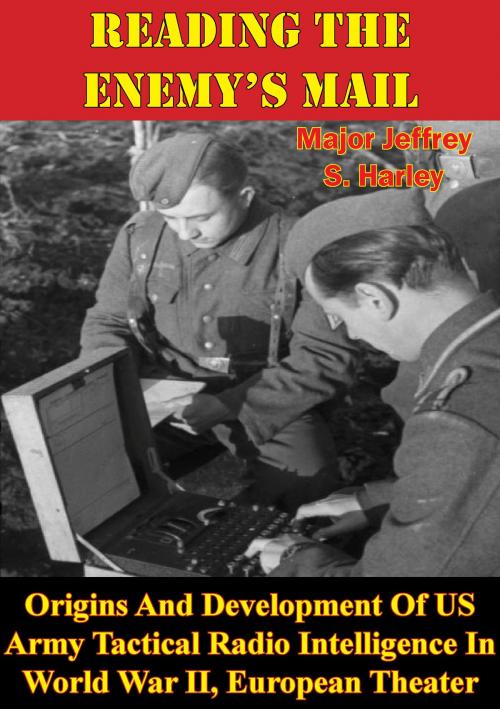
![Cover of the book The Road To St. Mihiel [Illustrated Edition] by Major Jeffrey S. Harley](https://www.kuoky.com/images/2015/november/300x300/9781786253125-D1Fb_300x.jpg)
![Cover of the book With The R.A.M.C. In Egypt [Illustrated Edition] by Major Jeffrey S. Harley](https://www.kuoky.com/images/2014/august/300x300/9781782892717-bmUl_300x.jpg)
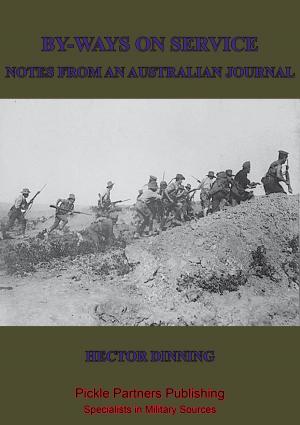
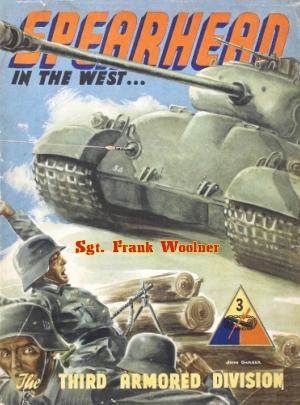

![Cover of the book Adventures Of An Ensign [Illustrated Edition] by Major Jeffrey S. Harley](https://www.kuoky.com/images/2015/november/300x300/9781786255617-DmjT_300x.jpg)
![Cover of the book Twenty-Two Months Under Fire [Illustrated Edition] by Major Jeffrey S. Harley](https://www.kuoky.com/images/2015/november/300x300/9781786255341-zMHK_300x.jpg)
![Cover of the book St Lô (7 July - 19 July, 1944) [Illustrated Edition] by Major Jeffrey S. Harley](https://www.kuoky.com/images/2014/june/300x300/9781782892502-d54q_300x.jpg)
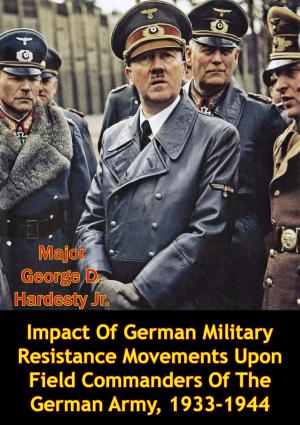
![Cover of the book Tail Gunner Takes Over [Illustrated Edition] by Major Jeffrey S. Harley](https://www.kuoky.com/images/2016/july/300x300/9781786259295-N9bc_300x.jpg)
![Cover of the book German Methods Of Warfare In The Libyan Desert [Illustrated Edition] by Major Jeffrey S. Harley](https://www.kuoky.com/images/2015/november/300x300/9781786257550-ZmGO_300x.jpg)


![Cover of the book Ambulance No. 10. Personal Letters Of A Driver At The Front [Illustrated Edition] by Major Jeffrey S. Harley](https://www.kuoky.com/images/2014/june/300x300/9781782891772-Oidp_300x.jpg)
